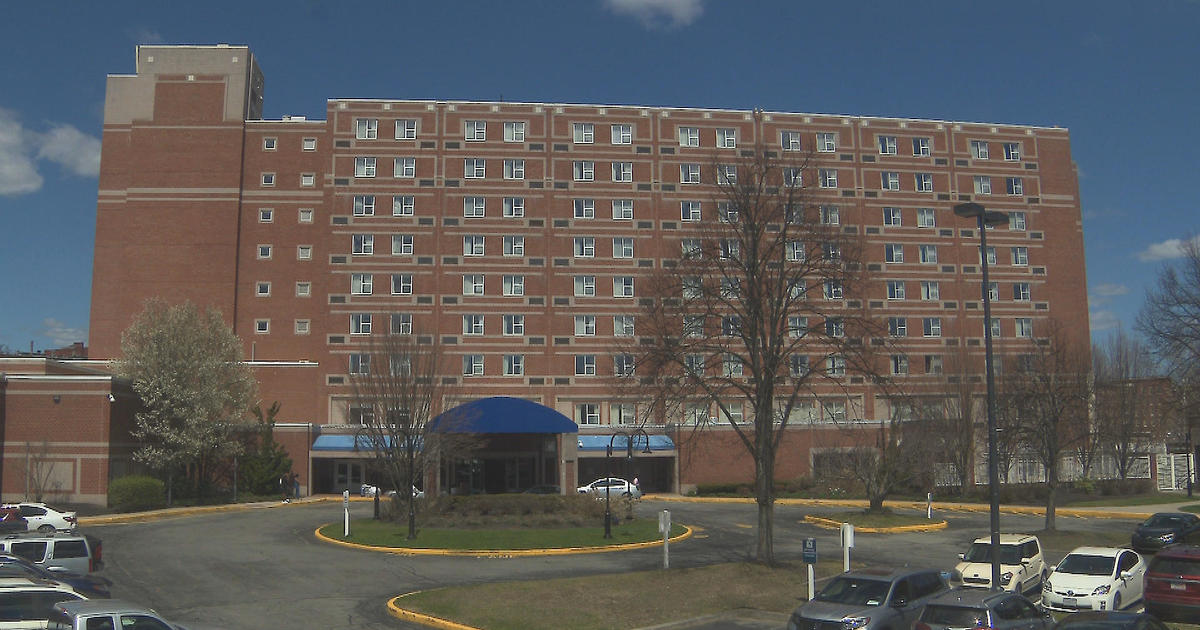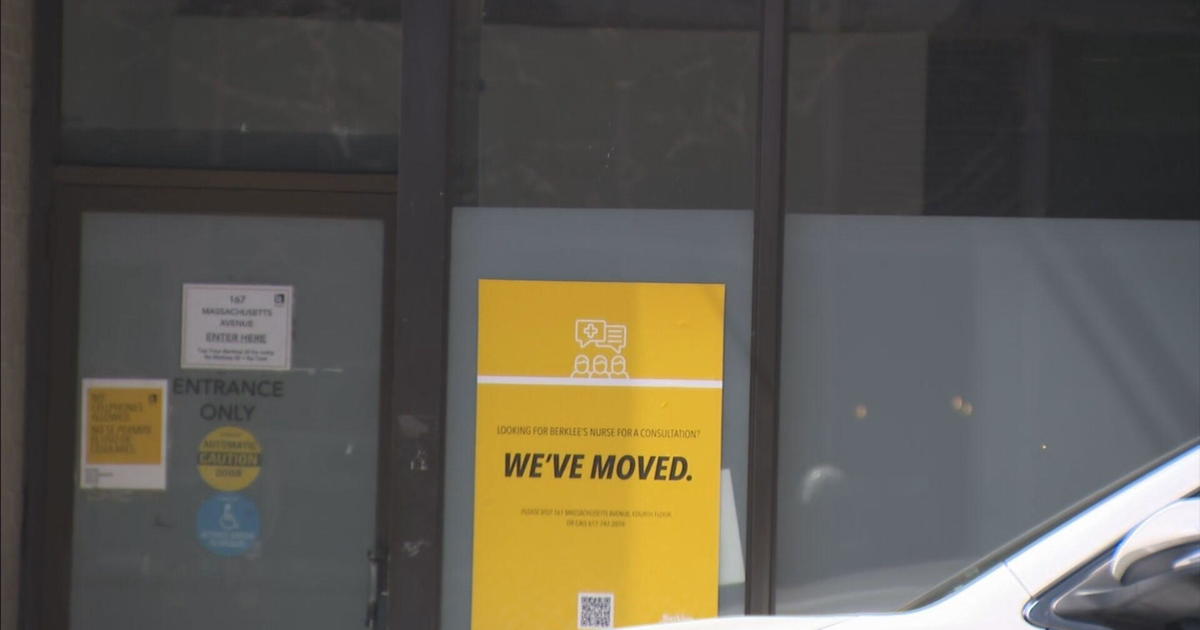Trump Administration Rescinds Rule On Foreign Students
BOSTON (AP/CBS) — Facing eight federal lawsuits and opposition from hundreds of universities, the Trump administration on Tuesday rescinded a rule that would have required international students to transfer or leave the country if their schools held classes entirely online because of the pandemic.
The decision was announced at the start of a hearing in a federal lawsuit in Boston brought by Harvard University and the Massachusetts Institute of Technology. U.S. District Judge Allison Burroughs said federal immigration authorities agreed to pull the July 6 directive and "return to the status quo."
A lawyer representing the Department of Homeland Security and U.S. Immigration and Customs Enforcement said only that the judge's characterization was correct.
Attorney General Maura Healey told WBZ she believes the administration's motive for the initial order was to force reopening during the pandemic. "I think the president had an idea that he wanted the country to appear in September that things were on an upswing, one way to do that is that colleges and universities are back open, students are back on campus, everything is fine," she explained.
Download the NEW CBS Boston App for iOS or Android
The announcement brings relief to thousands of foreign students who had been at risk of being deported from the country, along with hundreds of universities that were scrambling to reassess their plans for the fall in light of the policy.
Mei Nagaoka, a rising senior at Tufts University, was one of the students who would have been affected by the change, and forced to study online from her home country of Paraguay. "As an international student you never think the Trump Administration will affect you directly, but it did," she told WBZ. "Especially now with COVID-19, everything is so uncertain. School was a certain for me, and then it was stripped away from me. It was just devastating."
Under the policy, international students in the U.S. would have been forbidden from taking all their courses online this fall. New visas would not have been issued to students at schools planning to provide all classes online, which includes Harvard. Students already in the U.S. would have faced deportation if they didn't transfer schools or leave the country voluntarily.
Immigration officials issued the policy last week, reversing earlier guidance from March 13 telling colleges that limits around online education would be suspended during the pandemic. University leaders also believed the rule was part of President Donald Trump's effort to pressure the nation's schools and colleges to reopen this fall even as new virus cases rise.
The policy drew sharp backlash from higher education institutions, with more than 200 signing court briefs supporting the challenge by Harvard and MIT. Colleges said the policy would put students' safety at risk and hurt schools financially. Many schools rely on tuition from international students, and some stood to lose millions of dollars in revenue if the rule had taken hold.
Harvard and MIT were the first to contest the policy, but at least seven other federal suits had been filed by universities and states opposing the rule.
Harvard and MIT argued that immigration officials violated procedural rules by issuing the guidance without justification and without allowing the public to respond. They also argued that the policy contradicted ICE's March 13 directive telling schools that existing limits on online education would be suspended "for the duration of the emergency."
The suit noted that Trump's national emergency declaration has not been rescinded and that virus cases are spiking in some regions.
"We need to avoid at all costs politicizing a pandemic," Boston Mayor Marty Walsh said, noting that there are around 77,000 international students studying in Massachusetts. "This [policy] is an attempt to pressure colleges and universities to open up, putting politics above public health." Walsh explained that international students bring in an estimated $3.2 billion to the Massachusetts economy each year.
Immigration officials, however, argued that they told colleges all along that any guidance prompted by the pandemic was subject to change. They said the rule was consistent with existing law barring international students from taking classes entirely online.
Federal officials said they were providing leniency by allowing students to keep their visas even if they study online from abroad.
(© Copyright 2020 CBS Broadcasting Inc. All Rights Reserved. The Associated Press contributed to this report.)



